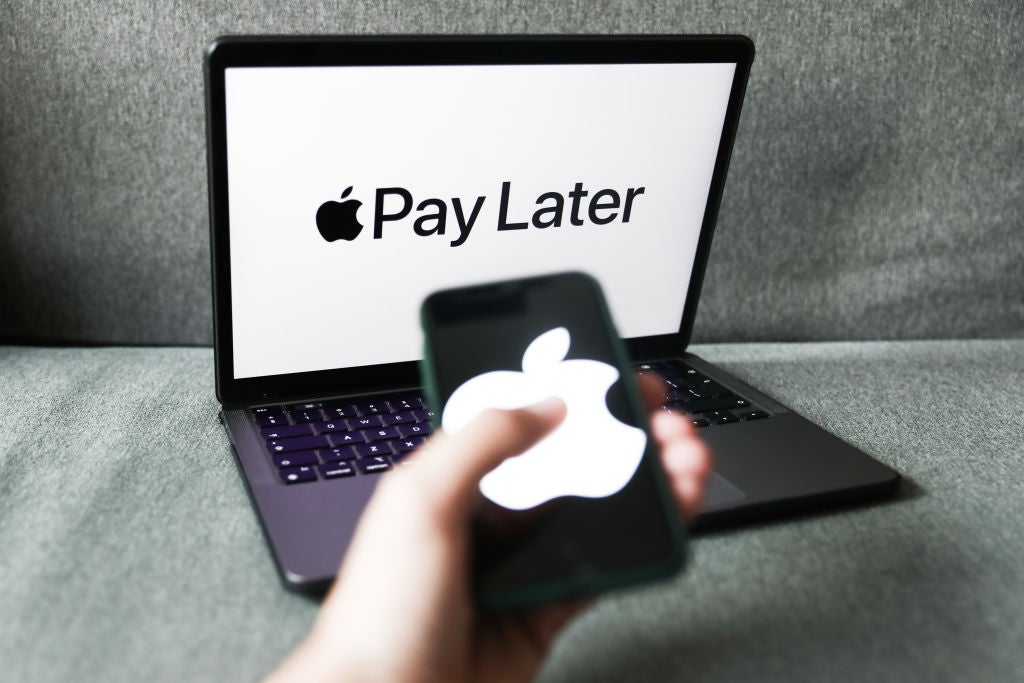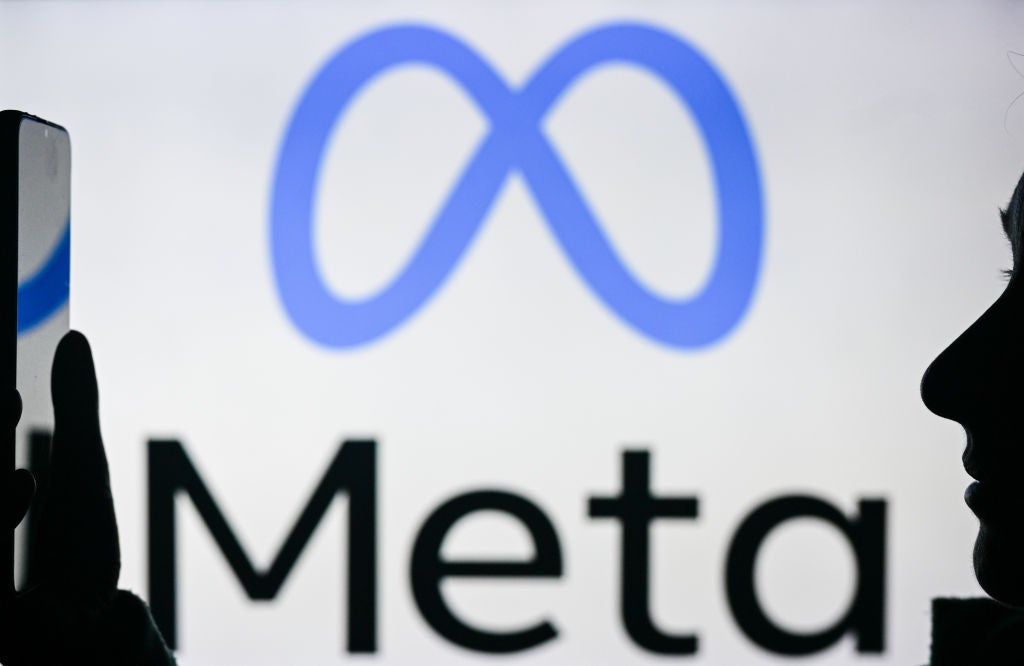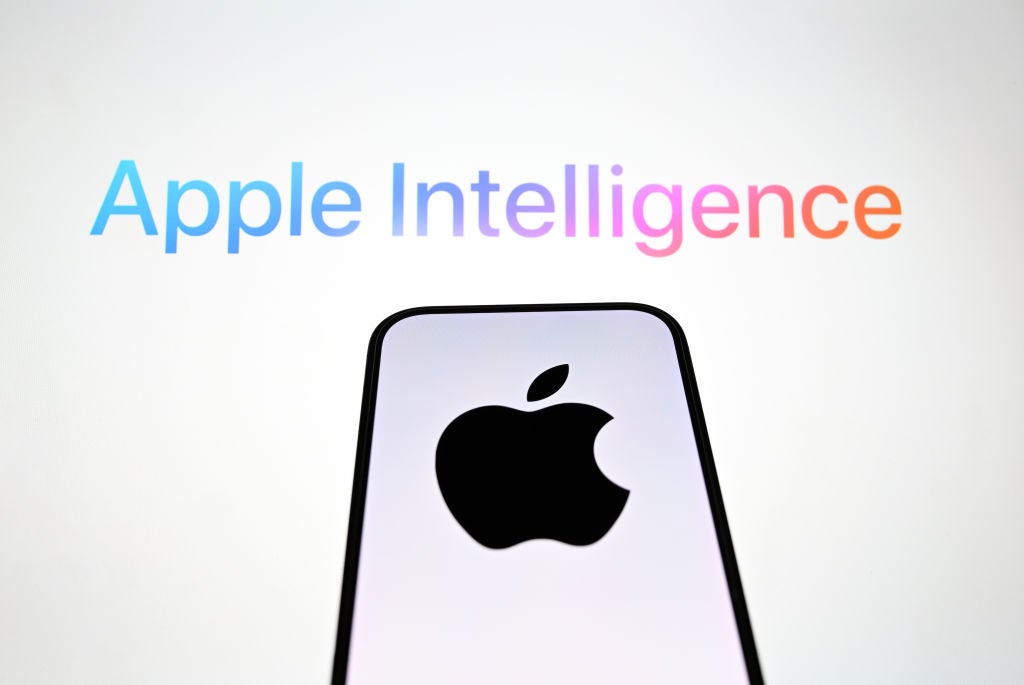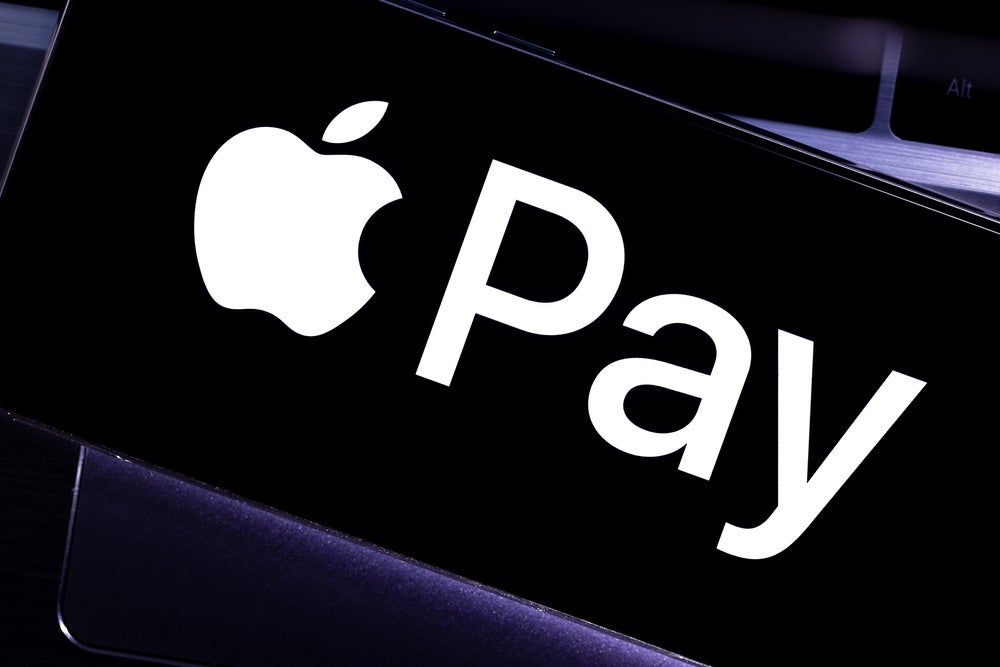
Apple announced, on Tuesday (18 June), that it is abandoning Apple Pay Later, its buy-now-pay-later (BNPL) service that launched in the US in 2023, as the tech giant retreats from its bid to take on the financial services sector.
The iPhone maker said it was now looking for a new instalment loan service from a third party.
“With the introduction of this new global instalment loan offering, we will no longer offer Apple Pay Later in the US,” Apple said in a statement.
Customers with existing loans will still be able to manage their payments using Apple’s Wallet app.
The Apple Pay Later scheme allowed US customers to break up the cost of purchases of up to $1,000 into four instalments over six weeks without interest.
The scheme saw the iPhone maker entering the financial services market, presenting their customers with loans in place of traditional lenders. The loans would be issued by Apple Financing, the company’s new subsidiary.
How well do you really know your competitors?
Access the most comprehensive Company Profiles on the market, powered by GlobalData. Save hours of research. Gain competitive edge.

Thank you!
Your download email will arrive shortly
Not ready to buy yet? Download a free sample
We are confident about the unique quality of our Company Profiles. However, we want you to make the most beneficial decision for your business, so we offer a free sample that you can download by submitting the below form
By GlobalDataWhen Apple Pay Later was first launched last year, interest rates in the US were extremely low which meant borrowing was a much more tempting option.
However, interest rates have crept up throughout 2024 as banks look to tackle rising prices, which has made borrowing a much less attractive proposition.
However, research and analysis company GlobalData, the BNPL market will surpass $1trn by 2030.
GlobalData’s report, ‘Tech in 2030 – Thematic Research’, predicts that the high demand for BNPL services by both merchants and customers will make this sector popular with both big tech and large payments providers.
Why was Apple Pay Later scrapped after one year?
Along with interest rates rising in the US, the Consumer Financial Protection Bureau (CFPB) recently announced new rules for BNPL companies, increasing compliance costs.
According to GlobalData analyst, Yasha Kuruvilla, this is likely only the beginning of the regulation, meaning long-term compliance costs will probably continue to increase.
Apple was also offering its BNPL product through its subsidiary, so there won’t be any fee revenue for BNPL transactions.
“Unlike Klarna and others, which charge retailers a percentage of each transaction completed to BNPL, Apple’s BNPL product isn’t tied to retailers since its available to through Apple Wallet,” Kuruvilla explained.
Moshe Winegarten, chief revenue officer at online payment solution company Ecommpay, told Verdict that it is clear Apple has recognised a number of challenges in the BNPL space.
“Besides managing the credit risk and liabilities involved, the cost of funds has significantly risen since the project was conceived, most notably from high interest rates, and therefore the cost of providing this service is likely to be challenging, impacting on profitability,” Winegarten said.
Winegarten said the scrapping of Apple Pay Later comes as no surprise when thinking about the amount of regulation, licensing and compliance hurdles that would need to be worked through in each country.
“Providing BNPL services in one market at the moment is challenging enough, but providing a global BNPL service would have required compliance with local regulation and licensing in every single country,” Winegarten said.
However, building relationships and partnerships with strategic issuers solves that issue and will result in a greater speed to market, Winegarten added.
“Apple can now target multiple markets in one go, whilst offloading all the costs of running and financing a BNPL solution, as well the risks associated with it, so this move isn’t a surprise to us at all,” he added.
Kelly Goestch, chief strategy officer of eCommerce software and cloud company Commercetools, also believes the news is not surprising due to the “fundamentally unstable” model of BNPL.
“Tech has never been an industry that lends well to fifty different companies competing in the same space – just take the cloud market for example – one or a handful of companies always tend to emerge as the universal option,” Goestch said. “BNPL is no exception to this idea, and I anticipate that the same few leaders will continue to dominate the market.”
“Given the state of the economy, we’ve seen more consumers turning to BNPL when making purchases, and I expect to see consumers continue to seek alternative payment options,” he added.







